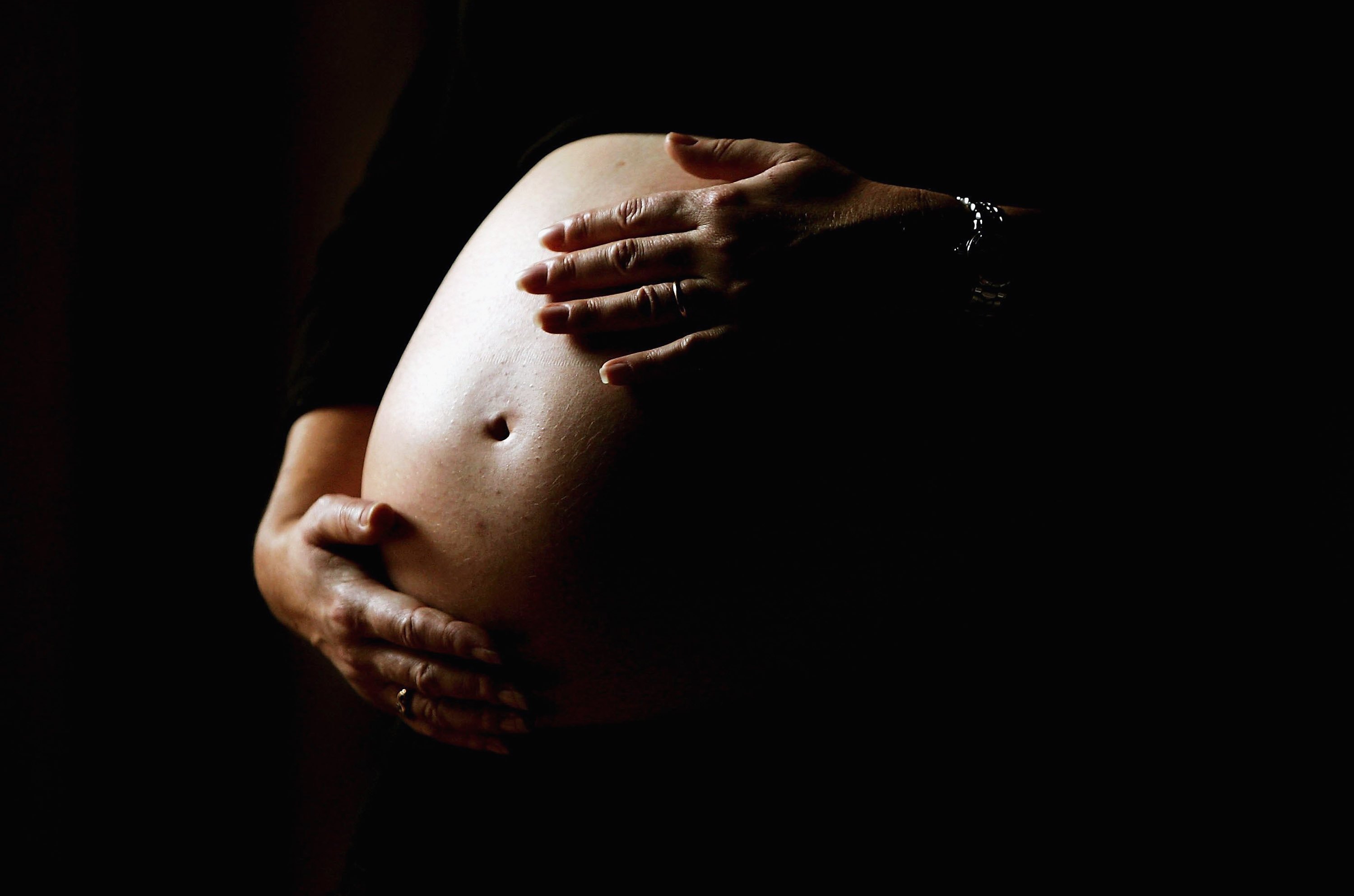The Center for American Progress released a report yesterday (July 9) that finds that institutional racism, which has been proven to negatively impact the health of Black women, is also a factor behind high maternal and infant mortality rates for Native Americans.
In “American Indian and Alaska Native Maternal and Infant Mortality: Challenges and Opportunities,” authors Lucy Truschel and Cristina Novoa also found that in the face of disproportionately high death rates for mothers and babies, traditional Indigenous community practices are instrumental in getting women better access to health care.
Per Rewire.News:
rnt
In 2015, mortality rates for American Indians and Alaska Native babies under the age of 1 was 8.3 per 1,000 births versus White non-Hispanic babies at 4.9 deaths per one thousand births, according to the Centers for Disease Control and Prevention (CDC). Mortality rates declined for infants of all races except for American Indians.
t
Native American infants are twice as likely as non-Hispanic White infants to die from Sudden Infant Death Syndrome (SIDS), and are 70 percent more likely than non-Hispanic White infants to die from accidental deaths before the age of 1. Data from the Urban Health Institute collected from the organizations’ 33 nationwide health-care locations found that maternal mortality rates for Native women was 4.5 times greater than non-Hispanic white women.
As Colorlines previously reported, institutional racism is linked to maternal and infant mortality for certain populations. In February, the Center for American Progress released a report that explored the existing research on the high incidence of maternal mortality and infant mortality among Black women. It examined how socioeconomic status, physical health, prenatal care and maternal health intersect to explain why African-American mothers die at three to four times the rate of White mothers, while infants born to Black mothers die at twice the rate as infants born to White mothers.
The new report concludes that these same factors negatively impact Native women and babies. In addition, they must also contend with other, equally destructive, factors. Per Rewire.News:
rnt
Native women also bear the burdens of negative health impacts from historical trauma borne out of past federal policies supporting genocide, forced migration and cultural erasure. Examples include forced placement on reservations, attendance at boarding schools, relocation programs moving Native peoples from home communities to cities. This premise is supported by research such as the Adverse Childhood Experiences Study connecting stress and the risk of developing health problems such as addiction, depression, intimate partner violence, suicide, diabetes, liver disease and poor fetal health.
The report stresses that medical files, including birth and death records, frequently underreport classifications for Native Americans. This means that Indigenous women or babies are often classified as another racial category on forms, so the numbers—as high as they are—are likely even higher. “We stopped keeping statistics on the number of Native moms and babies that are lost in our region; it was just too upsetting,” Millicent Simenson, co-founder of the doula practice Mewinzha Ondaadiziike Wiigaming, told Rewire.News.
The analysis also found that many cultural practices—from using cradleboards (an Indigenous carrier for babies that may reduce incidence of Sudden Infant Death Syndrome) to holding ceremonies to welcome babies to the tribe and family—empower parents. “They say that historical trauma is in the DNA of Native peoples, but love is in there too. We need to focus on that and bring it to the surface,” Mike Carney, a doula in the Lakota Nation, told Rewire.News.
Last week, the United States Senate Committee on Health, Education, Labor and Pensions voted in support of legislation for more research on the rates and causes of maternal death. Now, the Maternal Health Accountability Act, goes to the full Senate for a vote. The report’s authors see its passage as a critical step in fully understanding the breadth of the crisis so it can be better addressed.
